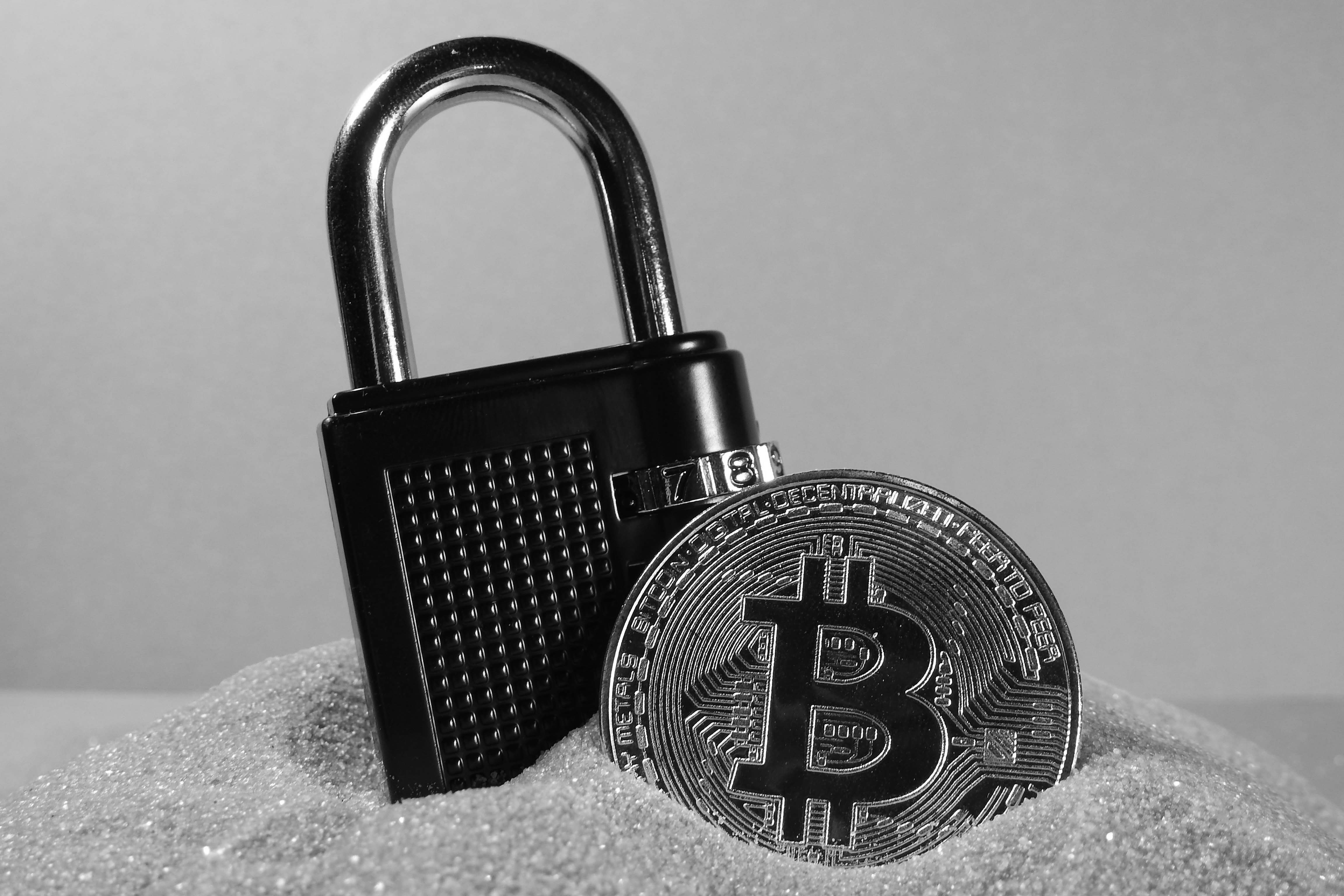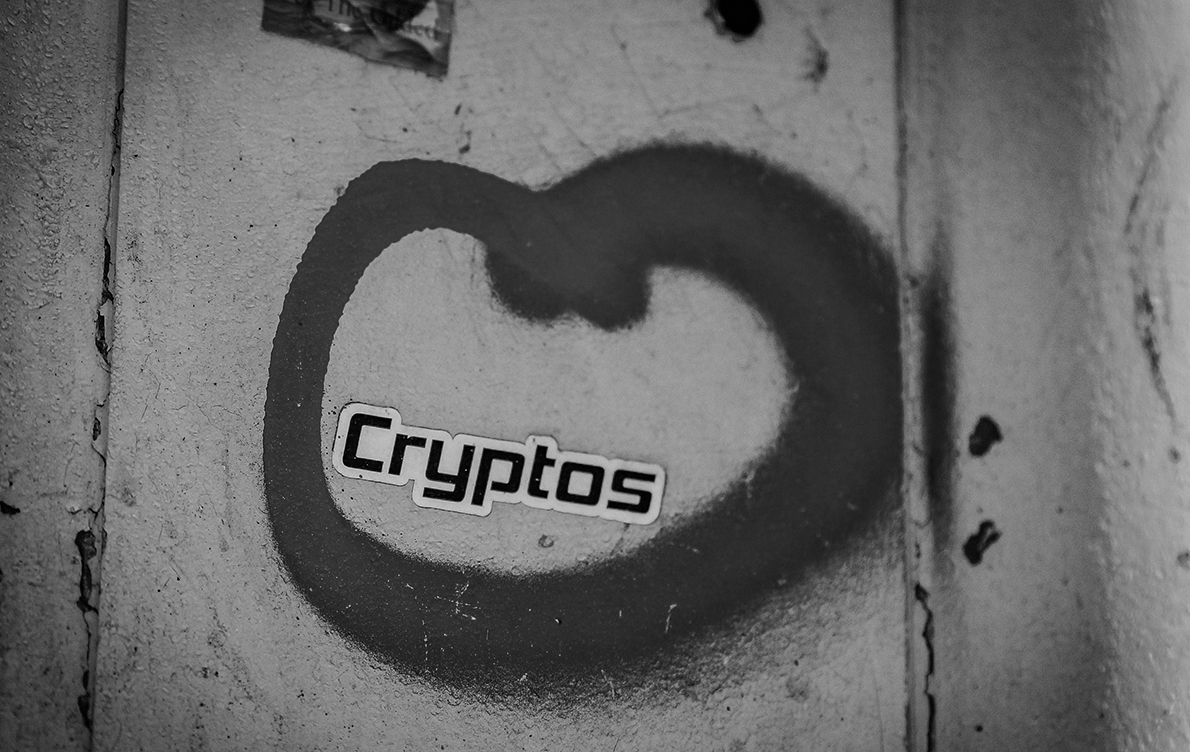Digital Assets Key Terms Overview

The first Bitcoin ETF began trading today in the United States. Although this ETF is a Bitcoin Futures ETF, the world’s largest digital currency manager announced today that an application to convert its Bitcoin Trust into a Bitcoin Spot ETF has been filed.
Bitcoin, other Cryptocurrencies and digital assets in general will continue to gain popularity, both as an individual investment and as a business opportunity, and there are plenty of new terms and concepts to be aware of. The below is a non-exhaustive overview of some of the most important and prevalent concepts within the world of digital assets. For instance, there are over ten thousand different cryptocurrencies; however only Bitcoin and Ethereum are listed below as they are by far the two largest coins in terms of market capitalization.
If you are already familiar with some of the below terms but are wondering how to further pursue any opportunities within the industry, make sure to review the articles describing the various State Regulations of Digital Assets, FinCen Rulings regarding Cryptocurrencies, the IRS’s view on Cryptocurrencies, the SEC’s view on Cryptocurrencies, and the CFTC’s view on Cryptocurrencies each of which can help point you in the right direction of ensuring that you do not run afoul of the various regulations facing Digital Assets. Additionally if you already own Cryptocurrency and are wondering how you can use your Cryptocurrency, take a look at my previous article providing an overview of a few different uses of cryptocurrency to help inform you of some options regarding your property.
Feel free to reach out with any questions regarding any of the concepts below, or any of the previously covered topics, and how they can apply to you.
| Term | Description |
|---|---|
| Address | Unique identifier which serves as the location where the cryptocurrency can be sent. You need to have an address to be able to send, receive, or hold Cryptocurrencies in a Wallet. It’s like a bank account. |
| Altcoin | Any Cryptocurrency that isn’t bitcoin. |
| Bitcoin | A peer to peer network allowing users to send payments directly to each other via bitcoin. |
| bitcoin (BTC) | The virtual coin generated by the Bitcoin network. |
| Block | A file containing the data for a number of transactions for a specific network. Once the transactions in a block are validated by the Miner, and the Miner solves the mathematical equation associated with the Block, the Block is posted to the Blockchain. |
| Block Reward | The reward that the first Miner to solve the mathematical equation associated with a Block receives for solving the equation. |
| Block Size | Describes the amount of data that can be added to an individual Block of a specific Blockchain. |
| Blockchain | The underlying technology that Cryptocurrencies use to record and validate transactions on the network, each validated block gets added to the chain, and each block is cryptographically connected to the previously validated block. Serves as a digital Ledger. |
| Cold Storage | A method of storing cryptocurrencies offline, can be in a device like a USB drive or a hardware wallet. |
| Cryptocurrency | A virtual currency. Allows users to exchange the currency directly between one another. |
| Custody | A service in which a third party holds the cryptocurrency on behalf of the owner. |
| Decentralized Autonomous Organization (DAO) | An organization that is automated and decentralized, the traditional decision making of a company is replaced by the members of the DAO. |
| Decentralized Applications (DApps) | Applications deployed on a blockchain that carries out actions without an intermediary. It is an open-source application that is built on a blockchain and is intended for real-world use. |
| Decentralized Finance (DeFi) | Financial activities that are conducted without the involvement of an intermediary third party. |
| Decentralized Exchange (DEX) | An exchange in which individuals can exchange cryptocurrencies directly without any middleman. |
| Digital Asset | A non-tangible asset that is created, traded, and stored in a digital format. |
| Ether (ETH) | The cryptocurrency for the Ethereum network. |
| Ethereum | A decentralized network allowing developers to create decentralized applications, including smart contracts. |
| Exchange | A platform allowing buyers and sellers to trade various digital assets. |
| Fork | The result of changes in the rules of a specific blockchain creating multiple distinct Digital Assets. The two types of Forks are Hard Forks and Soft Forks. |
| Genesis Block | The first block in a specific blockchain. |
| Halving | A term specific to Bitcoin in which the mining reward is cut in half, this occurs every four years and significantly reduces the supply of new bitcoin. |
| Hard Fork | A change in a specific blockchain which results in a new blockchain based on the new rules. |
| Hash | A unique combination of numbers and letters that identifies Blocks and is tied to buyers and sellers of Cryptocurrencies. |
| Hash Rate | The amount of hashes a Miner computes in a specific time. The higher the Hash Rate, the more blocks the Miner obtains. |
| Initial Coin Offering (ICO) | A method for capital to be raised for a new company or project, they are similar in nature to initial public offerings. |
| Keys | Long codes used in digital asset transactions. A public key is available for anyone to see and is used as the output in a transaction, and a private key is only known to the owner of the key and is used to sign off on the transaction. |
| Ledger | The record of all the transactions on a specific blockchain. |
| Mining | A method by which Cryptocurrencies (specifically bitcoin) are created and transactions are added to the blockchain. The first miner to solve a specific mathematical equation can then publish a new block on the blockchain, and receives the reward associated with the block. |
| Mining Pool | Occurs when Miners join together and share in the rewards from blocks that are mined. |
| Multi-Signature | A security feature of digital assets requiring multiple Private Keys to sign for a transaction and allow the movement of funds. |
| Node | Software that serves as a transaction validator (outside of mining) and as digital wallets for a specific Blockchain. |
| Non-Fungible Token (NFT) | A Token that can be used to represent the ownership of any unique asset including art, music, or even a deed to real estate eventually. |
| Private Key | An encrypted code that allows you to access your Cryptocurrency, it’s similar to a bank account password. |
| Proof of Authority (PoA) | A Blockchain validation method in which a few specific Nodes are granted the right to approve a Miner’s ability to create a Block. |
| Proof of Work (PoW) | The method that Bitcoin uses to verify new transactions and add them to the Bitcoin Blockchain. The ability of a Miner to validate a new Block and obtain the reward is dependent upon the Hash Rate. |
| Proof of Stake (PoS) | The process that various Cryptocurrencies use in selecting which network participant gets to add the next Block to the specific Blockchain in exchange for that Blockchain’s coin. The ability of a Miner to validate a Block is based on the number of coins of that Blockchain that each Miner has. |
| Public Key | An individual’s wallet address that can be shared with others in order to send and receive Cryptocurrency. |
| Satoshi | The smallest denomination of a bitcoin, there are 100,000,000 Satoshis in one bitcoin. Think of a bitcoin as a dollar and a Satoshi as a cent. |
| Smart Contract | A program that enacts the terms of a contract automatically based on its code. |
| Soft Fork | A Fork that is compatible with the previous Blockchain so it does not result in two separate distinct Blockchains, however if a user wants to use the new rules associated with the Fork, they must upgrade their software. |
| Stablecoin | A Cryptocurrency that pegs its value to a non-digital currency or commodity. |
| Token | A digital asset that has a value proposition beyond just a transfer of value, as an example it can represent the ownership in a company. |
| Utility Coin | A cryptocurrency that can be used for purposes beyond just transactions. |
| Wallet | The place where Cryptocurrencies are stored. |
The information provided herein is general in nature and is purely for informational purposes and does not constitute legal advice, nor does it create an attorney-client relationship. You should accept legal advice only from a licensed legal professional with whom you have an attorney-client relationship.
No aspect of this advertisement has been approved by the highest court in any state.
Results may vary depending on your particular facts and legal circumstances.
As the law continues to evolve on these matters, please note that this article is current as of date and time of publication and may not reflect subsequent developments. The content and interpretation of the issues addressed herein is subject to change. Cole Schotz P.C. disclaims any and all liability with respect to actions taken or not taken based on any or all of the contents of this publication to the fullest extent permitted by law. This is for general informational purposes and does not constitute legal advice or create an attorney-client relationship. Do not act or refrain from acting upon the information contained in this publication without obtaining legal, financial and tax advice. For further information, please do not hesitate to reach out to your firm contact or to any of the attorneys listed in this publication.
Join Our Mailing List
Stay up to date with the latest insights, events, and more





